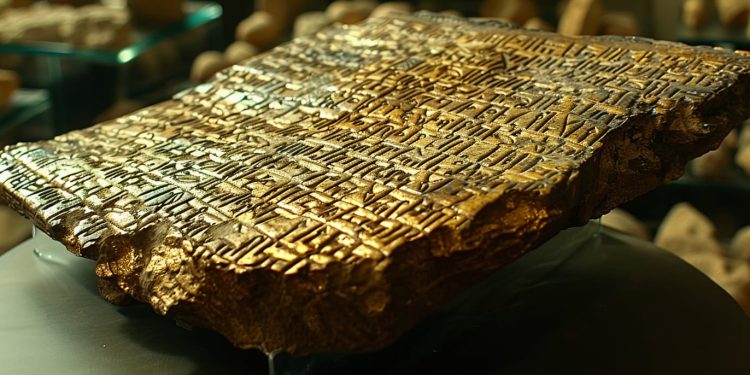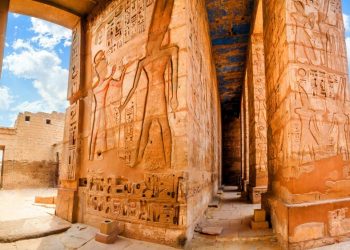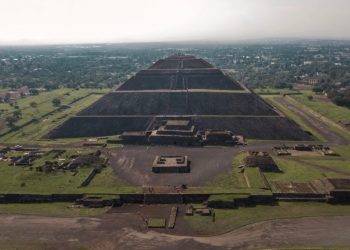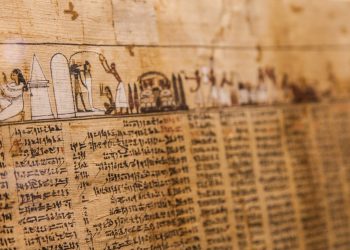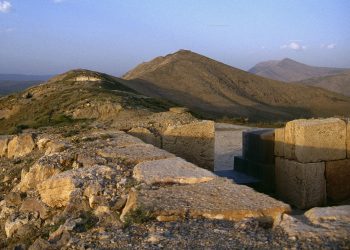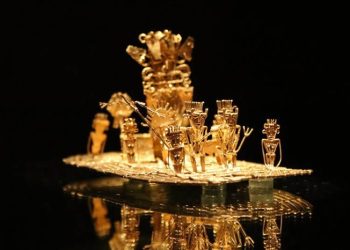The oldest writing dates back more than 5,000 years, but when we ask, “Who was the first author we know by name?” the answer takes us on a journey to ancient Mesopotamia. This area, now mostly modern-day Iraq, is home to some of the earliest civilizations—and where the world’s first named author lived.
Many might guess Homer, Sappho, or even Herodotus as the first known authors. But, as it turns out, the true title belongs to Enheduanna, a princess, priestess, and poet from Sumer, part of ancient Mesopotamia. Enheduanna lived around 2300 B.C., long before the likes of the ancient Greeks. She wasn’t just any writer—her work has survived thousands of years and gives us an incredible insight into her life and the times she lived in.
Who Was Enheduanna?
Enheduanna was the daughter of Sargon, the Akkadian king who ruled from 2334 B.C. to 2279 B.C., and who founded the world’s first empire by uniting much of Mesopotamia under his rule. As part of his efforts to consolidate this vast new empire, Sargon appointed his daughter as the high priestess of Nanna, the moon god, in the city of Ur.
Her new title, Enheduanna, literally translates to “high priestess, ornament of heaven” in Sumerian. But she wasn’t just known for her spiritual role—she was also a prolific poet, and her literary works became some of the most important in Mesopotamian culture.
Why Enheduanna Is Important in Literature
Enheduanna wasn’t just the first author we know by name; she was also the first writer to incorporate autobiographical details into her poems. Her writings often reflected her personal struggles, like her battle against Lugalanne, a ruler who tried to remove her from her priestess role by force. This gives her poetry a deeply human touch—one of struggle, resilience, and identity, emotions we can still relate to today.
Her poems were primarily dedicated to Inanna, the Sumerian goddess of love and war (later equated with Ishtar in Akkadian mythology). Through Enheduanna’s lens, Inanna is portrayed as both fierce and loving, embodying a complex and dualistic power that still resonates in modern interpretations of mythology.
Enheduanna’s work also introduced a metaphor that has stood the test of time. She compared the act of creating poetry to childbirth, a powerful image that has echoed throughout world literature for millennia.



